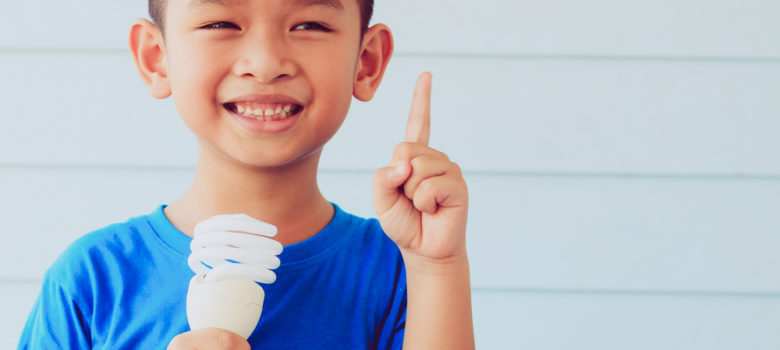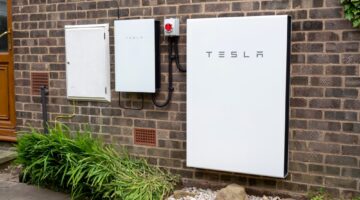
It’s funny, really. They warned you about the cost of buggies and baby clothes and school uniforms and new shoes, they even warned you about the truly obscene cost of Christmas. But what they didn’t mention was how your little bundle of joy would affect your energy usage. But now the bills are in and suddenly you’re wondering if 8 is too young for them to get a job and start contributing.
Babies on an Energy Budget
- Cold water sterilisation. While electrical and microwave sterilisers are certainly the most popular tools for baby bottles, cold water sterilisation requires no plugs, no electricity, and is completely safe. Bottles can also be kept safely sterile in the solution for up to 24 hours before use. These factors make it a far more flexible alternative, as well as cutting your energy consumption. Buy them here.
- Night lights. While it can be handy to have a little bit of light to see where you’re going, you don’t need something that will be on all night, babies don’t mind sleeping in the dark. If you need one to see what you’re doing then go for one with a motion detector.
- Be sensible. You might think you’re very level headed and practical when it comes to purchases, but as soon as those cute chubby little cheeks turn our way even the best of us can lose our heads and be drawn in by energy heavy gizmos and gadgetry. That’s why it’s important to take a second to consider what we’re buying, and how much of it is more for us than the baby.
Children on an Energy Budget
- Walking your children to school. It might not feel like the most glamorous start to the morning, but it’s a great way to save money and get them into good habits. If that’s not a practical option then consider taking them by public transport; it’s an energy saving alternative to driving and gives them the confidence to make their own way when they’re old enough.
- Turn the TV off when no one’s watching. Television is great, it’s fun and easy and some of the programming for kids is an excellent educational tool – Dora the Explorer has single handedly taught my son more Spanish in 6 months than I could ever have imagined. What’s not great, however, is it staying on 24/7 when your child isn’t even watching it. We’ve all been there, leaving the TV on while we do the ironing or hoovering well after our child has been distracted by something else, but it’s a drain on your energy bills when you’re not even using it. Make a conscious effort not to let it keep playing long after the kids are onto the next thing.
- Everything that buzzes, pings, talks or dances. Don’t get me wrong, I’m not about to insist exclusively on wooden toys and suggest that we go back to the good old days where all a child needed was a hoop and a stick. But kids toys that require batteries and chargers can be one the most frustrating things in a parents life. The charger inevitably breaks or the batteries go dead, or even worse, they don’t and the house is filled with electronic bleeps and barks. Even board games seem to have all become energy suckers – Monopoly with credit cards?! Next time you’re in the toy aisle just remind yourself that Lego may hurt to step on, but at least you don’t have to charge it.
- Make energy saving fun! I’m a firm believer in reward charts – anything that uses stickers as markers of excellence will always appeal to my little one. Use the opportunity when your children are small to start teaching them about saving energy and encouraging them to make a habit of switching off lights (if they’re tall enough), turning off the TV at the source, not leaving taps running etc etc
Teenagers on an Energy Budget
Teenagers are strange beasts, but if you want them on side with energy saving practices then the best way is to explain to them why it’s important, both to your family bills and to the planet. This generation is paying a lot of attention to global environmental issues, don’t underestimate them.
Raising children is difficult at the best of times, let alone when the energy bills arrive much higher than you’d anticipated. Small changes, communicating the reasons for energy saving, and trying to stay energy-conscious can prevent this particular stress and leave you more time to focus on all the good bits of being a parent.
Think we missed something? Do you have a different opinion?
Comment below to get your voice heard…












No Comments yet! Be the first one.